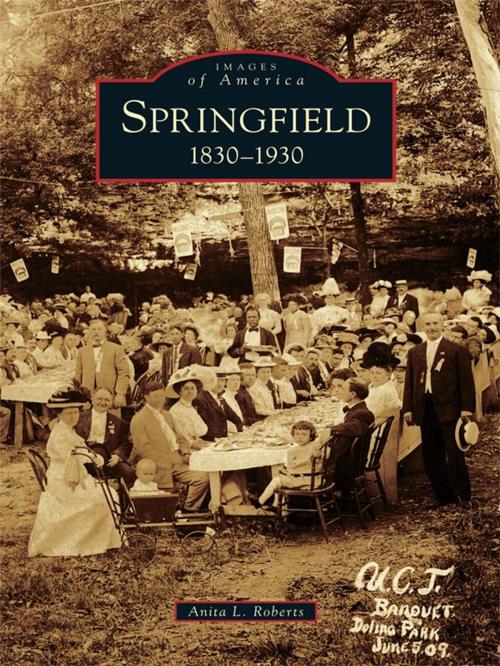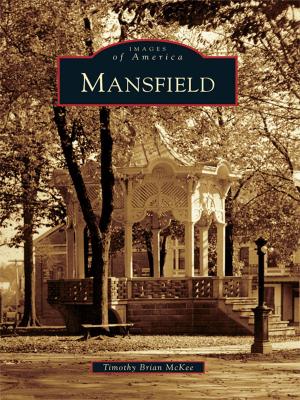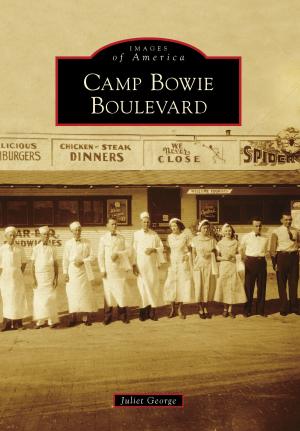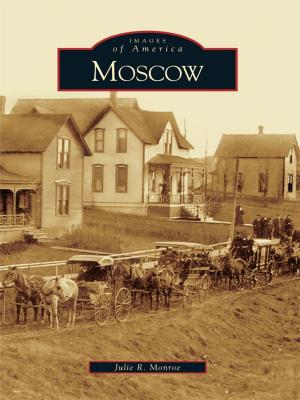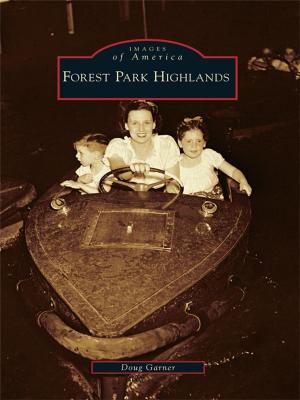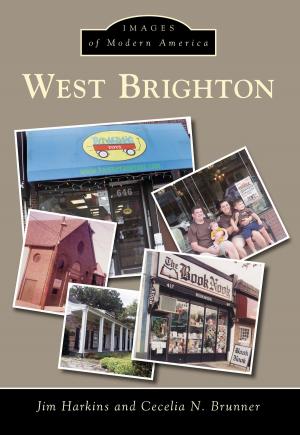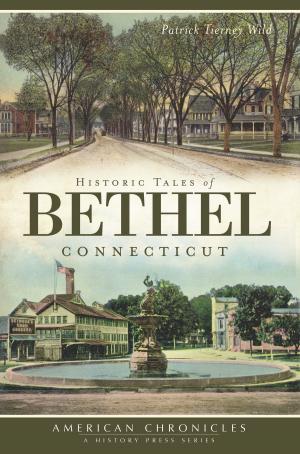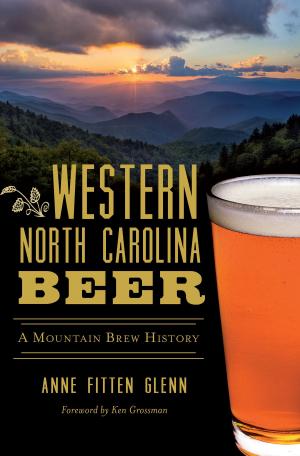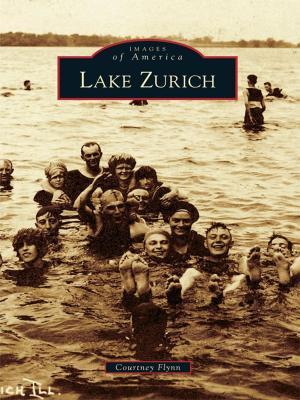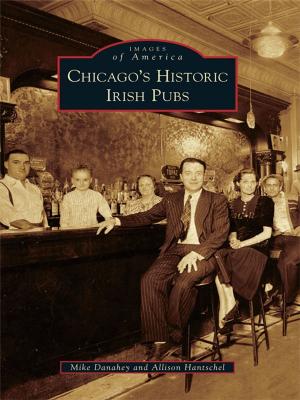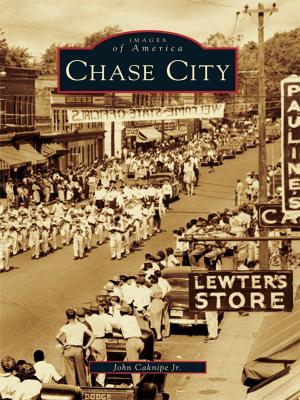| Author: | Anita L. Roberts | ISBN: | 9781439641033 |
| Publisher: | Arcadia Publishing Inc. | Publication: | February 7, 2011 |
| Imprint: | Arcadia Publishing | Language: | English |
| Author: | Anita L. Roberts |
| ISBN: | 9781439641033 |
| Publisher: | Arcadia Publishing Inc. |
| Publication: | February 7, 2011 |
| Imprint: | Arcadia Publishing |
| Language: | English |
Springfield, now the third-largest city in the state, was once an area favored by Native Americans for its natural beauty, mild climate, abundant timber, and excellent hunting and fishing. Founded by John Polk Campbell in 1829, the settlement grew steadily, thanks to its civic-minded residents. Springfield�s many photographs show these diligent people at work as well as at play. Whether enjoying a vaudeville show at the Landers Theatre in 1891, riding a jitney or streetcar to Doling Park in 1915, or playing in the world�s largest Boy Scout Band in 1925, the people of Springfield enjoyed themselves. Images depict businesses such as the Springfield Wagon Company, which became �king� of U.S. wagon manufacturing, and the �Frisco,� whose operational hub was housed in Springfield, bringing commercial and industrial diversification. In 1926, the city became the birthplace of the Mother Road, Route 66, which firmly established Springfield�s right to the name �Queen City of the Ozarks.�
Springfield, now the third-largest city in the state, was once an area favored by Native Americans for its natural beauty, mild climate, abundant timber, and excellent hunting and fishing. Founded by John Polk Campbell in 1829, the settlement grew steadily, thanks to its civic-minded residents. Springfield�s many photographs show these diligent people at work as well as at play. Whether enjoying a vaudeville show at the Landers Theatre in 1891, riding a jitney or streetcar to Doling Park in 1915, or playing in the world�s largest Boy Scout Band in 1925, the people of Springfield enjoyed themselves. Images depict businesses such as the Springfield Wagon Company, which became �king� of U.S. wagon manufacturing, and the �Frisco,� whose operational hub was housed in Springfield, bringing commercial and industrial diversification. In 1926, the city became the birthplace of the Mother Road, Route 66, which firmly established Springfield�s right to the name �Queen City of the Ozarks.�
